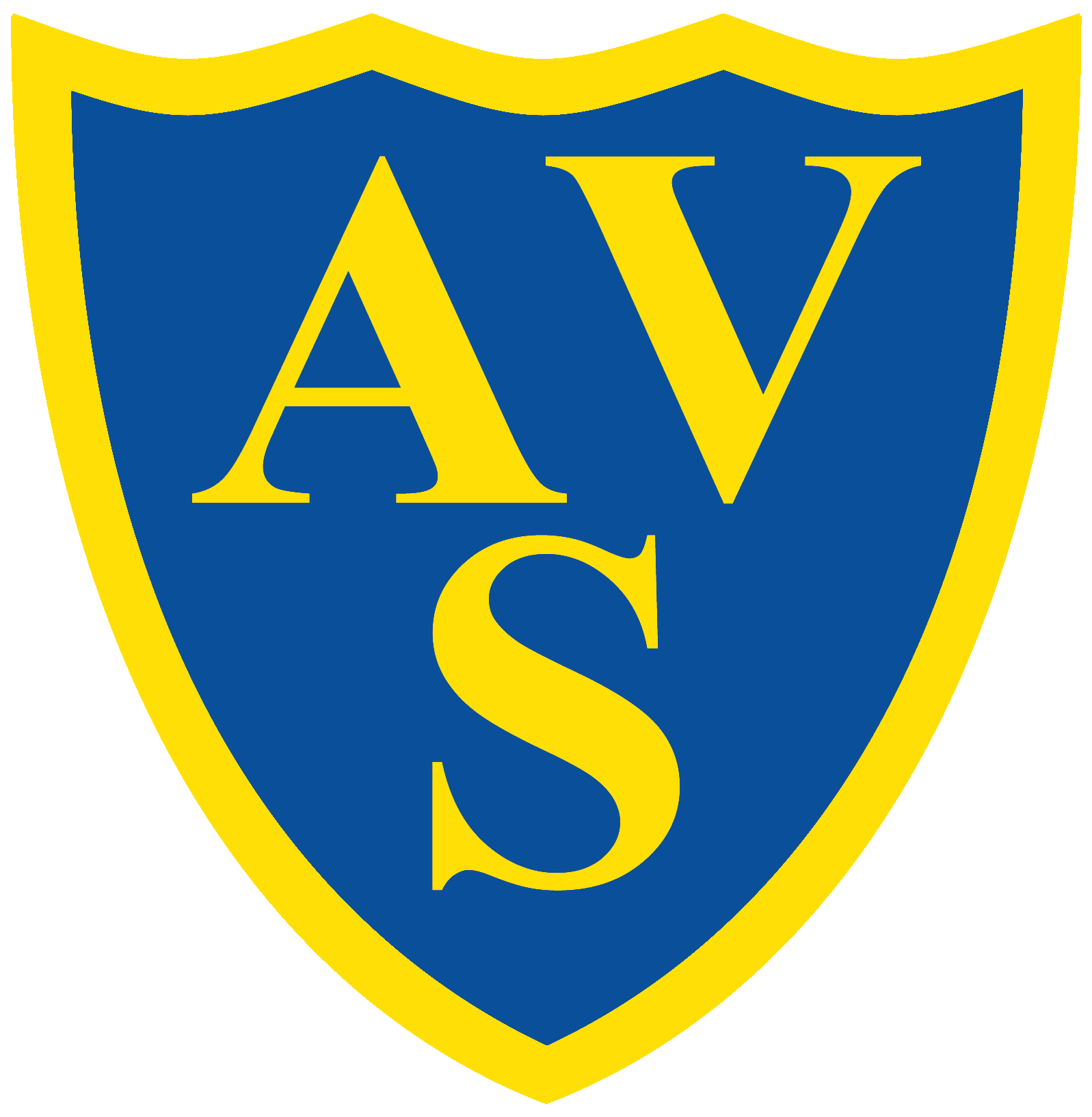English
The English Faculty at Avon Valley School offers a rich curriculum with texts carefully selected to engage and challenge. Our aim is to enable students to become effective communicators, orally and in writing, as well as competent and thoughtful readers.
In addition to a suite of English classrooms, we have a well-stocked and welcoming library where students are encouraged to develop a lifelong love of reading through initiatives such as AVS50 alongside regular reading and library lessons.
A brief overview of the topics and texts covered by the faculty:
English |
||
|
Year 7 Individual Identity, Relationships and One’s Place in the World |
Year 8 Community, Power and Conflict |
Year 9 Society, Hierarchy and Connections |
|
Travel Writing Identity Poetry and Spoken Language Modern Novel - Ruby in the Smoke Myths and Tales across Time Introduction to Shakespeare: The Tempest |
Modern Play - Noughts and Crosses Dystopian Fiction and ‘The Hunger Games’ Narrative writing Speeches, Poetry and Political Ideologies Shakespearean Heroes and Villains |
Short Stories Novella - Animal Farm Power and Conflict Poetry Unseen Poetry An Inspector Calls |
Courses currently offered by the faculty
English Literature |
|
|
AQA GCSE English Literature (9-1) -8702 AQA GCSE English Literature Examination sat in Year 10 Students will study texts which include one Shakespeare play, a selection of poetry, one 19th century novel, and one modern prose or drama text. They will develop skills in how to critically read and evaluate literature, as well as articulating informed, independent responses to texts. |
|
Course structure |
|
|
Paper 1 - Shakespeare and the 19th Century Novel
Section A Shakespeare - students will answer one question on the play studied in class. They will be required to write in detail about an extract from the play and then to write about the play as a whole. Section B The 19th Century Novel - students will answer one question on the novel studied in class. They will be required to write in detail about an extract from the novel and then to write about the novel as a whole.
|
Paper 2 - Modern Texts and Poetry Section A Modern Texts - students will answer one essay from a choice of two on the text studied in class. Section B Poetry - students will answer one comparative poem on one named poem printed on the paper and one other poem from their chosen poetry anthology cluster. Section C Unseen Poetry - students will answer one question on one unseen poem and one question comparing this poem with a second unseen poem. |
English Language |
|
AQA GCSE English Language (9-1) - 8700 AQA GCSE English Language Examination sat in Year 11. Our GCSE in English Language helps students develop the skills required to read fluently and critically in a wide variety of high-quality literary and non-fiction genres, and to use written and spoken English accurately and effectively in different styles and contexts. Students must complete components 01 02, and 03 to be awarded the AQA GCSE (9-1) in English Language (8700) |
Course structure |
|
Explorations in Creative Reading and Writing (01)* Focus on reading and writing fictional texts. Students will:
The unseen texts could include prose fiction, literary non-fiction e.g. biographical writing etc. Students are required to analyse the language and structure of the texts and evaluate them in response to a statement given in the exam. The original piece of writing that they produce will be a piece of creative writing. This paper has two parts worth 40 marks each. |
|
Writers’ Viewpoints and Perspectives (02)* Focus on reading non-fiction texts and a piece of non-fiction writing.
The unseen texts could include essays, journalism, travel writing, speeches, biographical writing etc. Students are required to analyse the language of the texts then compare and synthesise them in response to a statement given in the exam. The original piece of writing that they produce will be for a particular audience and purpose. This paper has two parts worth 40 marks each. |
|
Spoken Language (03) Students deliver a presentation on an agreed topic. They then listen and respond appropriately to questions and feedback. Non-exam assessment. |
| Exam board specification link |
English Staff
Mrs L Harris
Miss C Davies
Assistant Faculty Leader of English
Mrs A Heath
Assistant Faculty Leader of English
Mr A Duke
Teacher of English & Head of Year 8
Mr P Gillett
Mrs E Grant-Harros
Teacher of English & Literacy Coordinator
egrant-harros@avonvalleyschool.uk
Miss C Harrison
Teacher of English
Ms S Hill
Miss G Stanley
Teacher of English
Ms A Tinham
